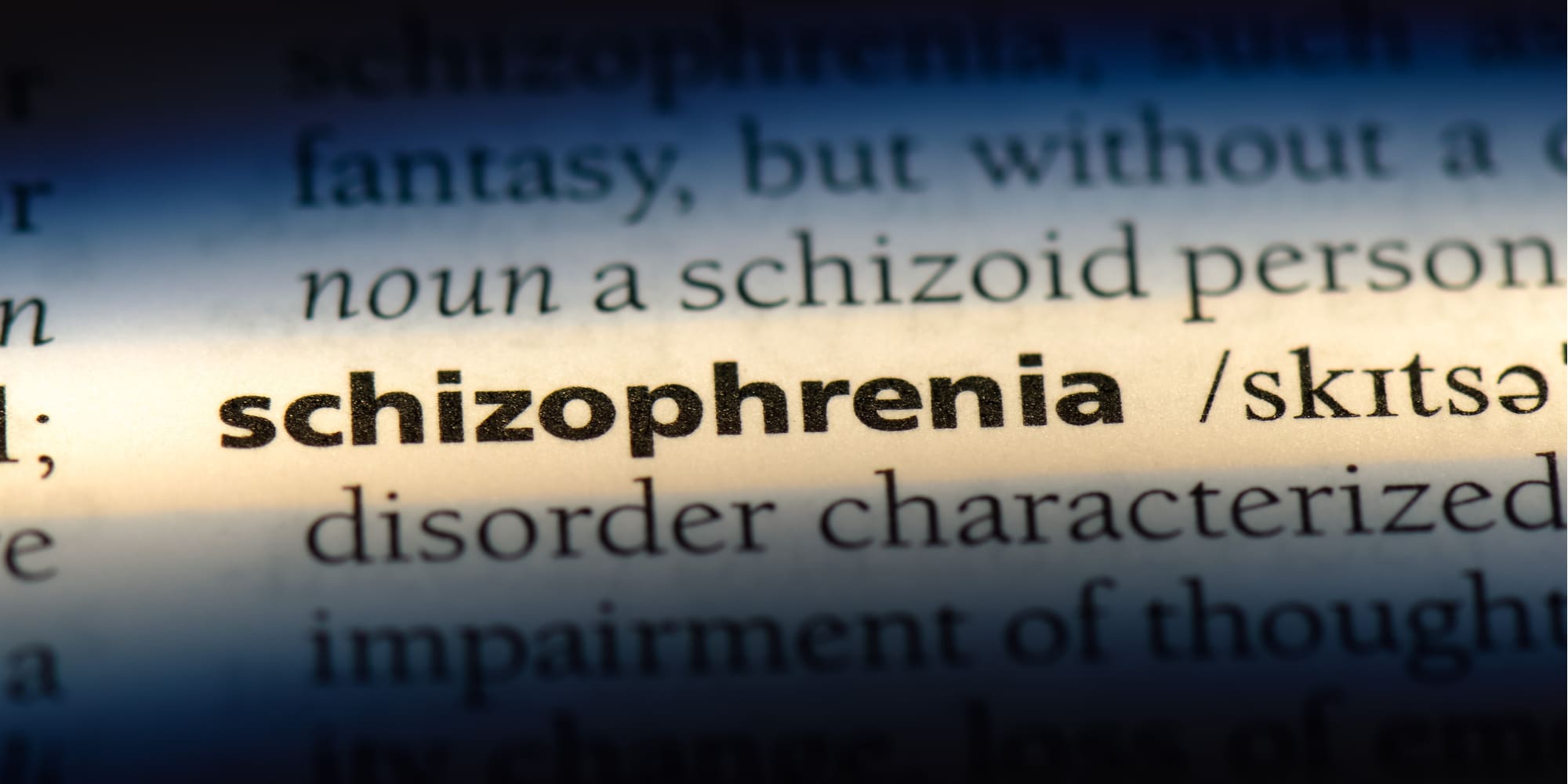Every year, almost 1.5 million people worldwide are diagnosed with schizophrenia—about 1 in 4,000. Despite this frequency, the actual signs and symptoms of schizophrenia aren’t commonly known. That’s why many people go years without proper mental health care.
Unfortunately, the longer that somebody with schizophrenia goes without medical attention, the more likely they are to develop serious issues related to this mental health condition. Read on to learn more about the symptoms of schizophrenia and what signs you should be looking for.

You have probably heard reference to schizophrenia on TV, but those depictions may not have been accurate. While somebody hearing voices or acting paranoid could be signs of schizophrenia, popular depictions rarely have a lot of accuracy.
According to the National Institute of Mental Health, schizophrenia has a broad range of symptoms. These include many from problems with reasoning skills to behavioral and emotional issues. Let’s take a look at the most common symptoms of schizophrenia and how they manifest:
There are many different ways that schizophrenia expresses itself in those who have it. Some people may experience all of these symptoms, while others may only experience one or two. These symptoms may appear and then diminish over time, or they may remain consistent or even worsen without medical treatment.
Now that you know the symptoms of schizophrenia, let’s examine some of this mental disorder’s possible causes.
The exact factors that cause an individual to develop schizophrenia are unknown, though new research is being done all the time. However, scientists have identified a number of genetic and environmental factors that increase the risk of developing schizophrenia.
New research suggests that low levels of neurotransmitters like dopamine and glutamine in the brain may be one of the primary physical triggers of schizophrenia. This creates issues by impairing the brain’s ability to communicate with itself, causing unrealistic or illusory sensations or thoughts.
While researchers have been unable to find the exact cause of schizophrenia, certain risk factors have been correlated with your likelihood to develop it. These include:
Use this information to help assess your or a loved one’s risk for schizophrenia. But regardless of how this mental disorder develops, it’s important to undergo treatment for schizophrenia as soon as possible.

The American Psychiatric Association recommends two types of treatments for schizophrenia: therapy and antipsychotic medications.
Though professional help can assist people in managing the everyday symptoms of schizophrenia, it requires long-term treatment with a trusted medical professional. Oftentimes, people prefer to begin their recovery with inpatient mental health treatment. Because at this level of care, you get a safe, understanding environment where you can devote 100% of your energy to recovery.
Once enrolled in a mental health treatment program, you will first undergo an evaluation with a physician and other medical staff in order to determine what medications, if any, will work best for you. This can be a process of trial and error due to schizophrenia’s unpredictable presentation, so you should work with your care team to find the right medications and dosages for your unique situation. While it may feel tedious, staying patient during this time is important to starting on the path toward recession in your symptoms.
While medication is an important part of treatment, it is not the only available path. Therapy-based mental health treatments can help teach you strategies to cope with the remaining symptoms not treated by medications. Combining antipsychotic medications with mental health therapy is often the most effective path towards learning how to manage psychotic symptoms and being able to lead a normal life.
Some of the most common therapy treatments for those with schizophrenia are:
There are many treatments for schizophrenia that can help you take back control of your life and establish a feeling of positive mental well-being. The sooner that you begin these evidence-based treatments, the sooner you can feel like yourself again.
Using this information, you can make an informed decision about mental health treatments for your schizophrenia. We understand that you might feel discouraged or nervous to seek treatment. But at Port St. Lucie Hospital, we’re dedicated to making that process as easy as possible.
Whether it’s inpatient treatment for schizophrenia, dual diagnosis programming for those looking to manage both their substance abuse and mental health issues, or crisis care for those in dire situations, our team of mental health care professionals are here to help. We work with you in order to design a care program that works for you.
If you have any questions about our programs or whether or not you should seek treatment, call our admissions specialists at (772) 238-7426, or fill out our digital contact form. We know that you are more than your mental illness. When you enroll in our treatment programs, our main priority is working with you to get you back in control of your life.























